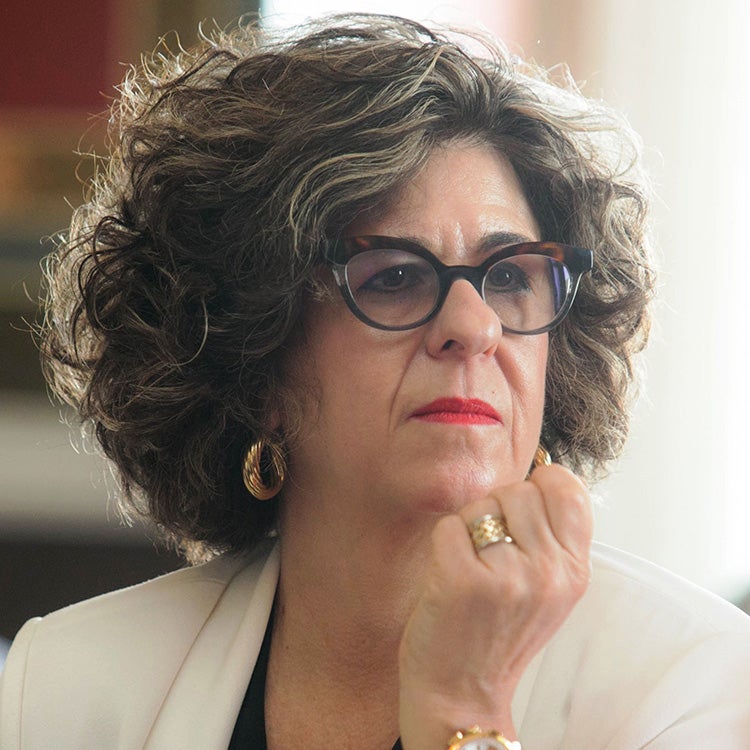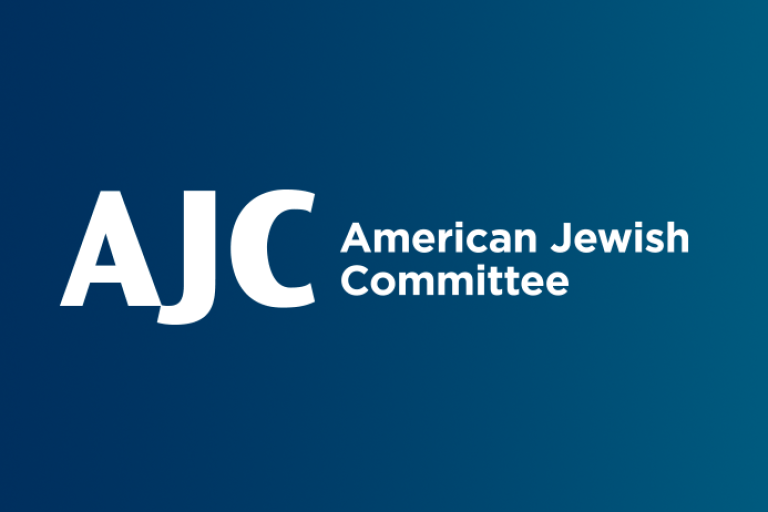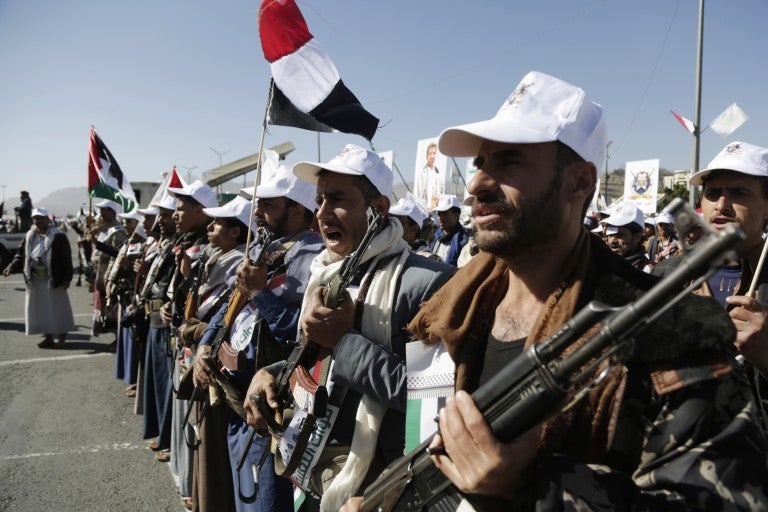July 17, 2019
This piece originally appeared in El País.
This year marks 25 years of impunity following the terrible terrorist attack against the headquarters of the Asociación Mutual Israelita Argentina (AMIA) in Buenos Aires. On July 18, 1994, following multiple warnings about the possibility of a new attack at the hands of Iran and its Hezbollah henchmen, and after the bombing in 1992 of the Israeli Embassy in Buenos Aires, a van loaded with explosives detonated in front of the building that represented the institutional heart of Judaism in Argentina. The attack left 85 civilians dead and over 300 injured of multiple nationalities. The attack is considered the worst antisemitic attack in the world since World War II. It shook Argentine society to its core and created a deep sense of vulnerability in the Jewish world at large.
Beyond the many surprising twists and turns in a case that is yet to be deciphered, and despite continuous declarations of commitment from governments that pledge to carry the investigation to its final conclusion, the Argentine government still comes up short. There have been low points, such as the signing of the Memorandum of Understanding with Iran by president Cristina Fernandez de Kirchner, which resulted in condemnation by the Jewish communities in Argentina and around the world, and more importantly, by the relatives of the victims. However, from the outset, evidence tampering, the slow pace with which evidence was processed, and extreme politicization have been obstacles to bringing the culprits to justice.
There have been, however, some glimmers of light on a road marked mostly by darkness. One of the few concrete steps toward explaining the motives behind the attack,which singled out the international perpetrators of what is now known as a crime against humanity, was the investigation by Special Prosecutor Alberto Nisman. Nisman’s premature and regrettable death remains a mystery.
Nisman concluded for the first time and beyond doubt that Iranian authorities at the highest levels were the masterminds behind the attack. In 2007, during an Interpol meeting in Morocco, Nisman presented his report. After months of debate and repeated attempts by the Iranian government to sabotage the process, “red notices” were issued against five Iranian government officials.
President Mauricio Macri’s government has made tremendous efforts toward ensuring that Iran accepts its culpability and offers help so that those responsible face justice in Argentina. However, this might be an unattainable goal if one takes into account the continuous refusals by the Iranian government. Macri’s administration has also sought to address what is known as “the local connection” by convicting and sentencing those who lent logistical help to those who carried out the attack or openly obstructed the investigation.
Beyond the importance of keeping the memory of the victims alive and countering the deep sense of impunity, there is also another urgent task: we must make sure Hezbollah and Iran —who continues to sponsor terrorist activities on a global scale— are held accountable. Today this is more important than ever. We witness growing tension in the Middle East as Iran increases its production of nuclear material while quarreling with the United States and Sunni governments in the region. At the same time, Hezbollah continues to grow its weapons arsenal of over 100,000 rockets pointed toward Israel from Lebanon and Syria, and to engage in drugs and arms trafficking, money laundering and other illegal activities in the region and around the world, including the Western Hemisphere.
In fact, as acknowledgement of the imminent danger that Hezbollah represents to our continent, in recent months the governments of Argentina and the United States hosted a joint training seminar in Buenos Aires with experts on terrorism financing from Argentina, Chile, Colombia, Panama, Paraguay, and Peru. Each of these countries has been affected within its borders by Hezbollah activities.
And on July 18 —when we commemorate the 25th anniversary of the attack against AMIA— a ministerial meeting on terrorism across the Western Hemisphere will also take place in Buenos Aires.
Despite these welcome initiatives, sanctions, detentions, and deportations of individuals tied to Hezbollah in Venezuela and Paraguay, no Latin American country — not even those attending the seminar in Argentina— have declared Hezbollah a terrorist organization with the sanctions that declaration implies.
The only brave voice has been that of OAS Secretary General Luis Almagro. As he received the Champion of Democracy Award from the American Jewish Committee in Washington, D.C. in early June, Almagro condemned Hezbollah as a terrorist organization in the strongest of terms. He also denounced it as having a solid base of operations in South America while promoting antisemitism, which as we know, has seen rapid growth worldwide. Almagro said his Secretariat would adopt the antisemitism definition developed by the International Holocaust Remembrance Alliance (IHRA). This is the only definition that includes in its charter, in a clear and comprehensive manner, the animosity, discrimination and anti-Zionism perpetrated by organizations such as Hezbollah. This antisemitism definition has been adopted by more than a dozen countries including the European Union, Canada, France, Great Britain, Germany, and Austria.
Almagro reiterated that the OAS will work every day to ensure a Western Hemisphere free of antisemitism, terrorism, and authoritarianism. Furthermore, he urged all OAS member countries to adopt the same IHRA definition of antisemitism.
The upcoming anniversary presents an unparalleled opportunity for all countries in Latin America to openly denounce Hezbollah for what it is: a terrorist organization. All countries in Latin America should also recognize that Hezbollah’s actions are fueled by the promotion of antisemitism and they should adopt the IHRA definition adopted by Secretary General Luis Almagro.
Dina Siegel Vann is the Director of the Belfer Institute for Latin and Latin American Studies at the American Jewish Committee headquartered in Washington, D.C.



